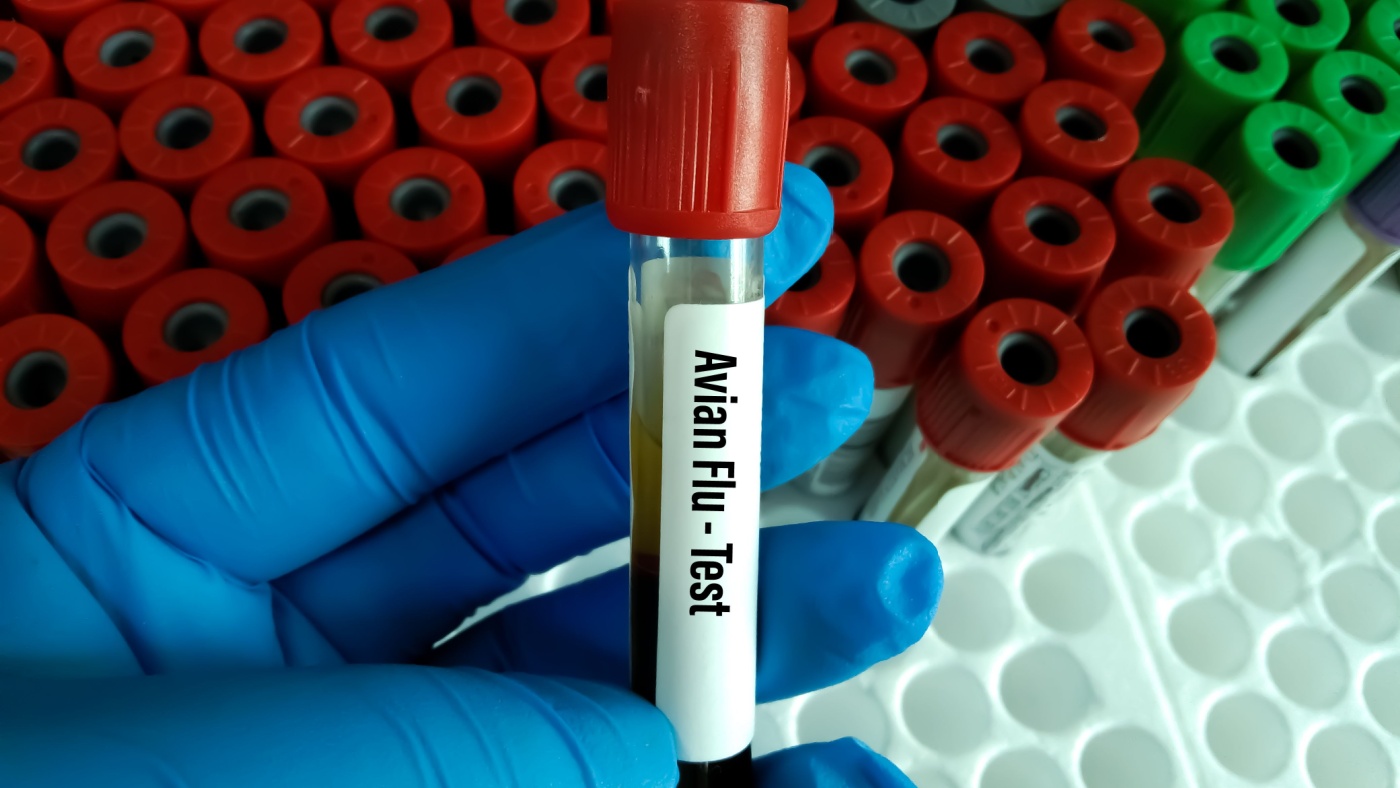High path avian influenza (HPAI or H5N1) continues to be a threat to birds and now cattle and even humans, in rare instances. At a forum in Raleigh, North Carolina this week, which included Food and Drug Administration Commissioner Robert Califf, North Carolina Ag Commissioner Steve Troxler emphasized the importance of diligence and cooperation among all stakeholders in combating the disease.
“Today was a day of team building. The relationship is so important, and when all of this sprung so to speak in North Carolina, it was really good for me to be able to call Commissioner Califf and have a talk with him and call USDA and have a talk with them. And the collaboration is how we get things done.”
When a cattle herd in North Carolina was diagnosed with H5N1 earlier this year, Troxler said his team went the extra mile to get all the answers we were expecting.
“Yeah, we got some cows from Texas that are infected. We’re going to have to isolate them. We know that. But then when it came back that the cows from Texas had already gotten over the virus, but had spread the virus to the cows we had in North Carolina, that was a totally new perspective about the disease and what could happen with this disease. So we learned that very carefully, and we also by sampling these cows we had samples of the milk that was asymptomatic, but we had samples of that milk, and USDA used that to further their research as time went on.”
Troxler said when HPAI was first detected in milk cows this year, the early messaging to the public was not handled well.”
“The first article that I read, the headline was, “High Path AI Found in Milk.” Now that scares the devil out of you, but if you read the article down four or five paragraphs, it did say that, yes, it was found in the milk, but these were dead particles, and there was no wild virus in the milk. So pasteurization did what’s pasteurization was supposed to do. It killed the virus.”
There is concern among researchers that the HPAI virus could mutate into a variant that could cause more harm to cattle or even humans. So, what are the next steps?
“We’ve got to be testing. We’ve got to be doing research. We talked about, is there going to be maybe a vaccine in the future, but the key to it is to keep it from mutating, keep the numbers of the virus down so fast response, when we get a high path avian flu outbreak in our poultry herds, we’re on that quick. Isolate. Do what you got to do, but don’t let it spread. That keeps the numbers down.”


